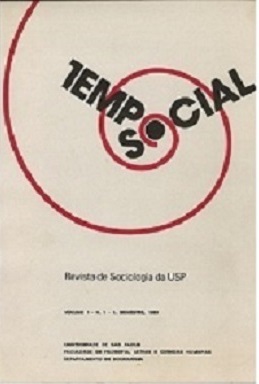Women and the United Nations: the lineages of the World Plan of Population
DOI:
https://doi.org/10.1590/ts.v1i1.83344Keywords:
Women - United Nations, Women´s rights, Population policy, Fertility control, Women and developmentAbstract
In the 70´s the United Nations adopted an enlarged definition of women´s rights and started the implementation of a policiy of "integration of women into the development process". The 1974 World Conference on Population sponsored by the UN was a landmark in the history of this issue within intergovernamental foruns. In the wake if a redefinition of demographic problems within the context of economic and cultural development and of the restatement of the political character of the population question, a new emphasis is given to the need to promote the participation of women in social, economic, cultural and political life. This article analyzes fertility control and development - the two issues that resulted in the lineages of thought at the root of the concern with women´s status and roles which was slowly growing within the UN since the late 60´s.Downloads
Download data is not yet available.
Downloads
Published
1989-06-01
Issue
Section
Articles
License
Copyright (c) 1989 Tempo Social

This work is licensed under a Creative Commons Attribution-NonCommercial 4.0 International License.
How to Cite
Barroso, C. (1989). Women and the United Nations: the lineages of the World Plan of Population. Tempo Social, 1(1), 183-197. https://doi.org/10.1590/ts.v1i1.83344


